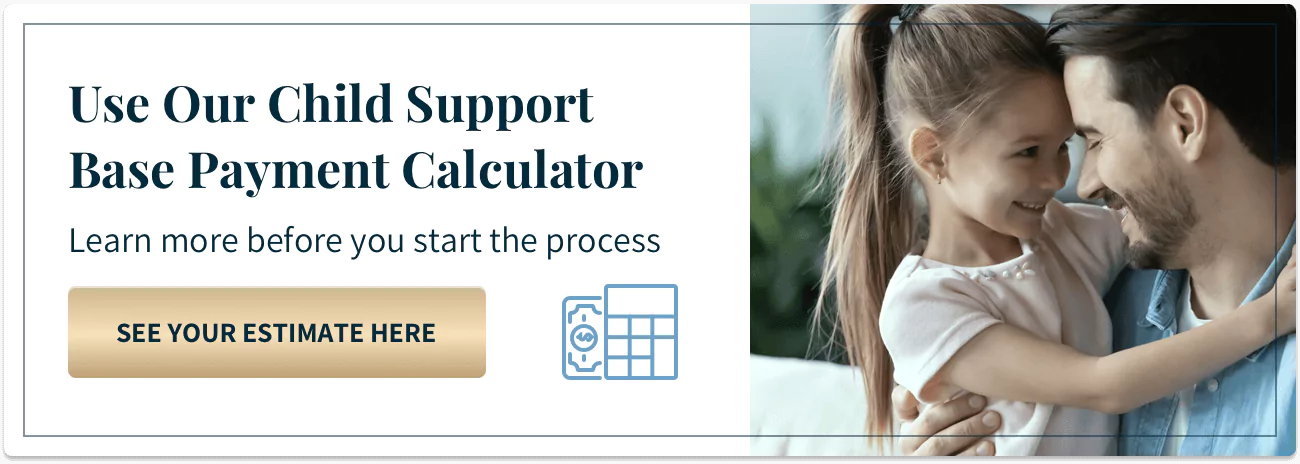- Law Practice Areas
- Resources For You
- Child Support Calculator
- Take Our Divorce Quiz
- Protect Your Assets and Net Worth During Divorce
- Blog
- Family Law Videos
- Your Guide to California Divorce
- Your Guide to Child Custody & Support
- Everything You Need to Know About Getting a Prenup
- An In-Depth Look at Divorce Mediation
- Top Considerations for High Asset Divorce
- Our Legal Team
- Locations
- Reviews
- Contact

A child custody battle can be a difficult time for the entire family. The last thing a parent wants to do is directly involve their children in the legal custody proceedings. There are times, however, where it is appropriate, and even very helpful to allow the family court to hear the child’s perspective in custody disputes.
Under California Family Code section 3042, “if a child is of sufficient age and capacity to reason…and form an intelligent preference as to custody or visitation rights, the court shall consider, and give due weight to, the wishes of the child…”
Would a Child be Required to Participate in Custody Proceedings?
If a child is mature enough to form a preference, then that child’s wishes are relevant to the custody proceedings. In fact, it can be an error for the court to not give weight to a mature child’s perspective in a child custody dispute.
Nonetheless, a child’s participation in family law matters will be considered on a case-by-case basis. There is no mandate for a child to participate in a legal custody case. No family is one and the same, and so the court will still use its discretion for each case to decide if the child should be interviewed or called as a witness. There are several considerations to be made when making this decision.

Child’s Input in Child Custody Cases
The court is mainly concerned with a fine balance between protecting the child, hearing important input from the child, and making sure the parties (parents) are given the right to challenge this “evidence” provided in the form of a statement or testimony from their own children. This is particularly important when a child expresses his or her views in a form other than live testimony in court.
The most obvious consideration is the child’s age. Older children who are at least age 14 and wishes to address the court regarding custody or visitation must be permitted to do so unless the court determines it would not be in the child’s best interests. If the court makes such a determination, it must state its reasons on the record.
For a child under the age of 14, the analysis switches – the court will first determine it would be appropriate pursuant to the child’s safety and best interests. The child no longer must be permitted to provide input, instead the child may provide input in custody cases.
How does the court decide if having the child address the court is in the child’s best interests?
The court takes the following under consideration:
-
Whether the child can form an intelligent preference regarding primary custody or parenting time;
-
Whether the child is of sufficient age and capacity to understand the nature of the testimony;
-
Whether information has been presented indicating that the child may be at risk emotionally if he or she is permitted (or denied) the opportunity to address the court;
-
Whether information has been presented indicating the child may benefit from addressing the court;
-
Whether the subject areas about which the child is anticipated to address the court are relevant to the court’s decision making process; and
-
Whether any other factors weigh in favor of (or against) having the child address the court, taking into consideration the child’s desire to do so.

Once the court determines it is in the child’s best interest to provide his or her input, then the court must follow certain guidelines for how it will receive this input. The court may allow a party or both parties to call the child as a witness and provide live, direct testimony in court.
If the court deems it is not in the child’s best interest, the court must provide alternative means of obtaining the child’s preferences.
Alternatives to Calling a Child as a Witness in a Custody Battle
Under California Family Code section 3042, the following alternatives are permitted:
-
The child can participate in a Family Court Services (FCS) mediation, mandatory for all legal custody determinations. Usually the mediator will also interview the child separately, and include his or her input in the recommendations to the court;
-
Appointment of a child custody evaluator, investigator or counselor. This can be expensive to the parties, or to one party who insists on the use of an outside evaluator and may be ordered to pay for it.
If the court uses one of the above alternatives to calling the child as a witness, the child’s preference must be presented in a detailed writing and fully document the child’s views. The person who prepared the writing must also be available for testimony and cross-examination.
Last, the child’s preference in writing must be kept confidential in the file, meaning it won’t be made available for public viewing, as are most family law cases should someone request it.

Protecting the Child During Live Testimony
If the court decides to permit live testimony in the courtroom, it may consider closing the courtroom to the public, or hearing the child’s preference “in camera” which means in the judge’s chambers, outside of the courtroom altogether. The judge can also hear the child’s testimony away from the parents or attorneys, so that the child is more honest in what he/she says.
If this is the case, the parties and their attorneys can request to submit questions they want the judge to ask and hear the response, instead of examining the child themselves on the stand.
Overall, the court will want to take extra measures to protect the child from any possible harassment or embarrassment and restrict any unnecessary repetition of questions. The court may consider appointing minor’s counsel to represent the child’s interest.
Contact Cage & Miles today for help with your child custody dispute.




